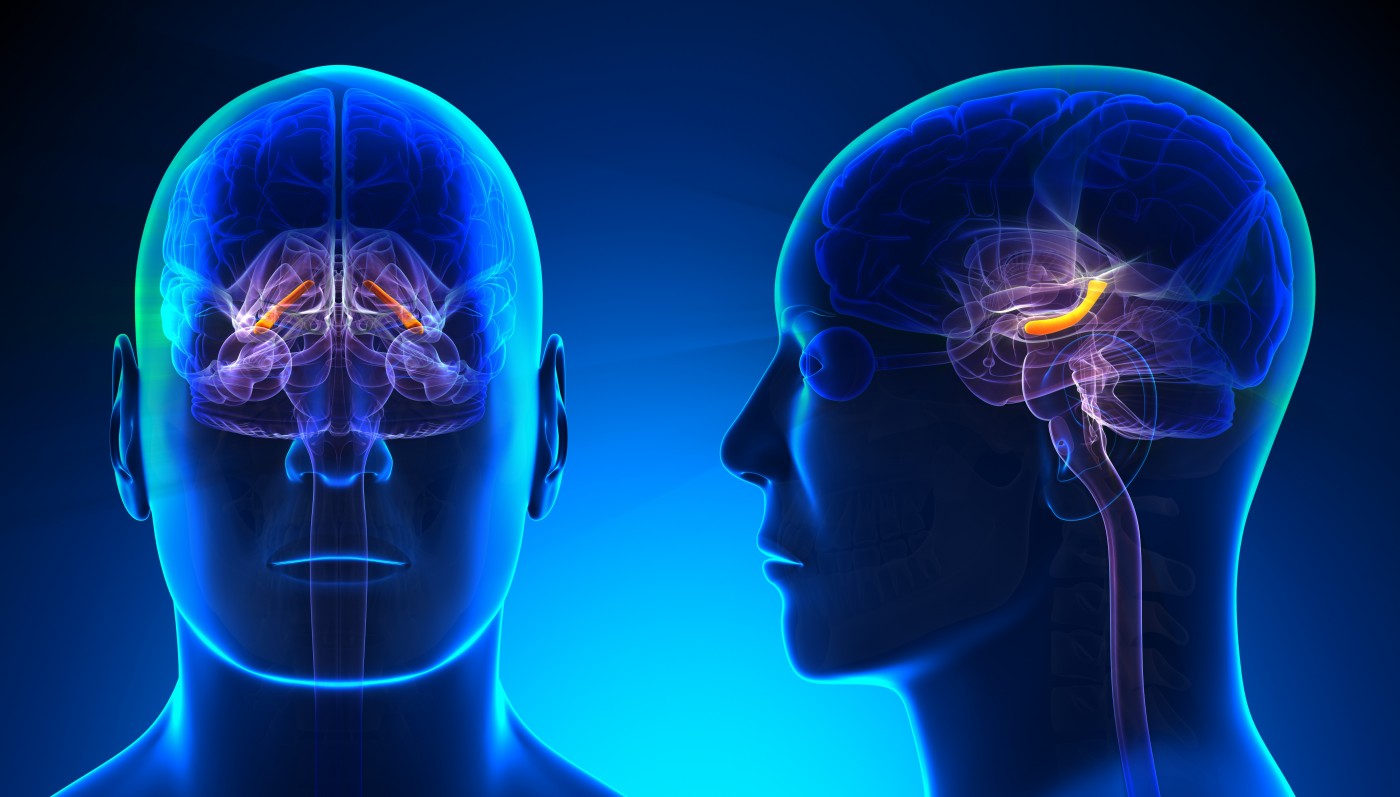Study Reveals the Hippocampus Shape as a Good Memory Function Predictor

A new study recently published in the journal Human Brain Mapping revealed that the shape of the hippocampus might be more telling than the size of the hippocampus in terms of memory and cognitive function. The study is entitled “Hippocampal (subfield) volume and shape in relation to cognitive performance across the adult lifespan” and was conducted by a multidisciplinary research team at the Canadian University of Toronto, the Centre for Addiction and Mental Health, the Douglas Mental Health University Institute and the McGill University.
The hippocampus is a region in the brain known to be linked to memory and spatial navigation. The size of the hippocampus is usually assessed as an indicator of the integrity of the brain’s memory circuit, where a larger hippocampus is typically interpreted as offering improved memory function. The shape of the hippocampus, on the other hand, is often overlooked.
Researchers have developed a new algorithmic technique that is capable of mapping the hippocampus structure and offer information about its shape. The research team analyzed 137 healthy individuals across the adult lifespan (from 18 to 86 years old) in terms of hippocampal morphology and cognitive function.
The team found that age and hippocampus volume have a modest correlation, and that individuals with a broader hippocampus tended to perform better on tests that evaluate memory function. Interestingly, the team found that differences in the hippocampus shape were in fact better memory function predictors than the size or volume of this brain structure. These results lead the authors to suggest that the hippocampus size might not be as important as previously thought, and that in turn, the hippocampus shape should be considered a biomarker in therapeutic strategies that aim at a delay in cognitive aging.
“This exciting new finding may help us improve our understanding of how to preserve the memory circuit and its function. This work shows the value of multidisciplinary research, as it required the close collaboration of engineers, computer scientists and psychiatrists to complete this work,” noted the study’s senior author Dr. Chakravarty in a news release.
Memory function is significantly compromised in neuropsychiatric disorders like Alzheimer’s disease, a neurodegenerative disorder where individuals gradually lose neurons responsible for memory and learning, leading to memory loss, personality changes, decline in cognitive abilities, and ultimately to the severe loss of mental function. The disease is estimated to affect more than 36 million individuals worldwide, being the most common form of dementia in the elderly population.
A better understanding of memory function and the hippocampus structural morphology may offer new insights into the cognitive function of individuals and the pathology of neurodegenerative disorders. In addition, as the general population tends to age even more, improving memory function is especially important.






